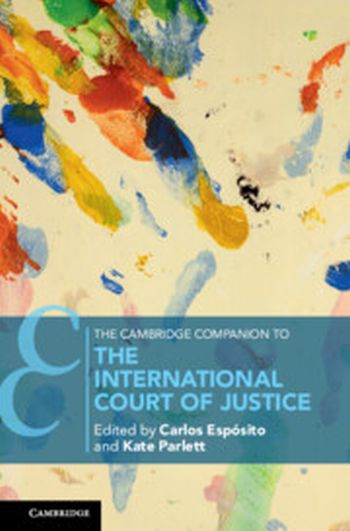
As international law has become more present in global policy-making, the International Court of Justice (ICJ) has come to occupy an essential and increasingly visible role in international relations. This collection explores substantive developments within the ICJ and offers critical perspectives on its historical and contemporary role. It also examines the growing role of the ICJ in the settlement of international disputes and assesses the impact of the ICJ's jurisprudence on the major areas of international law, from the territorial delimitation to human rights. With contributions from a diverse range of scholars and practitioners, the collection's contents combine a legal perspective with institutional and sociological insights on the functions of the ICJ. By considering the ICJ's character, jurisdiction and effectiveness, this collection offers a varied and holistic account of the International Court of Justice, an institution whose significance and influence only increase by the day.